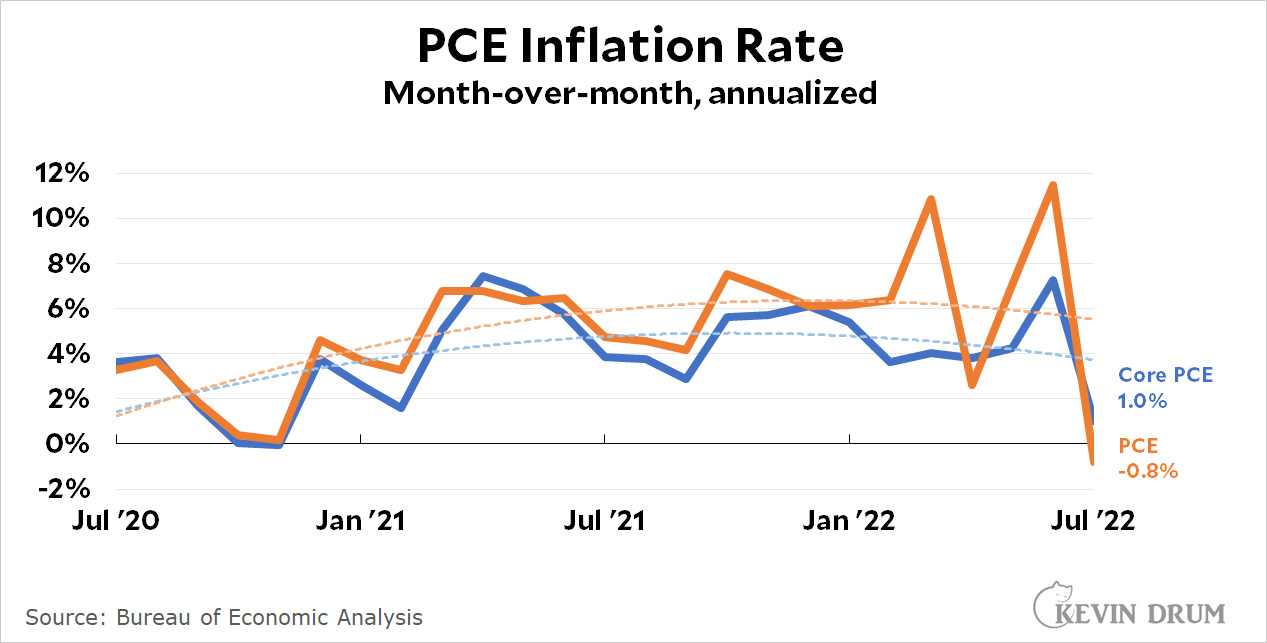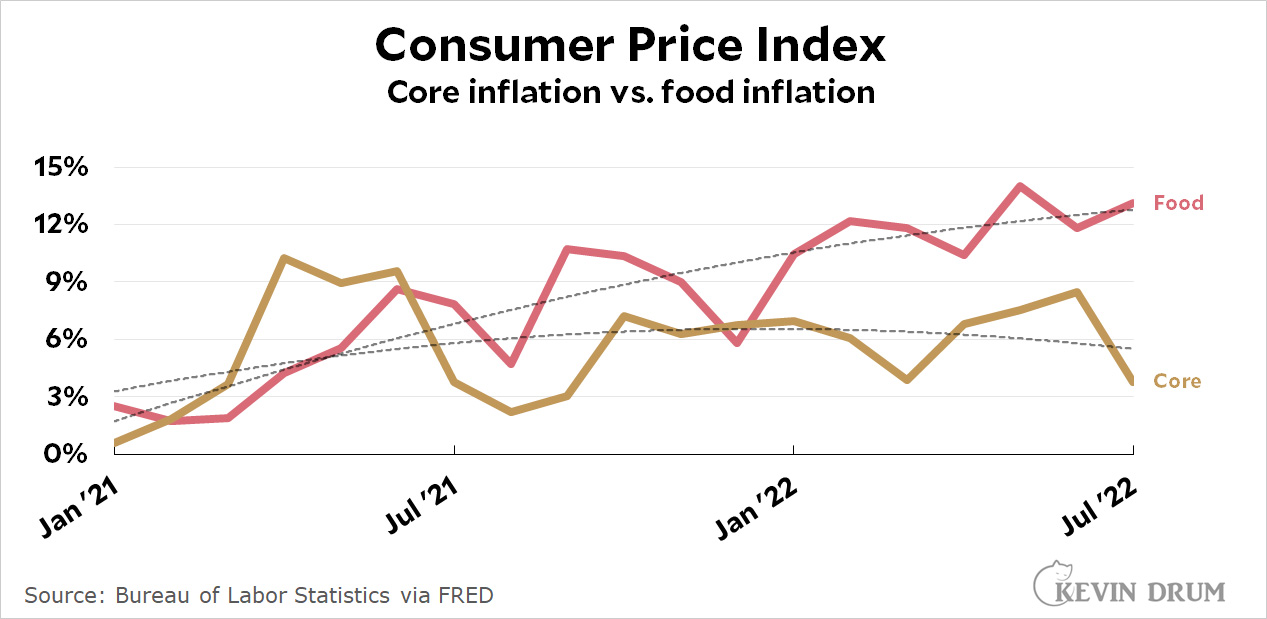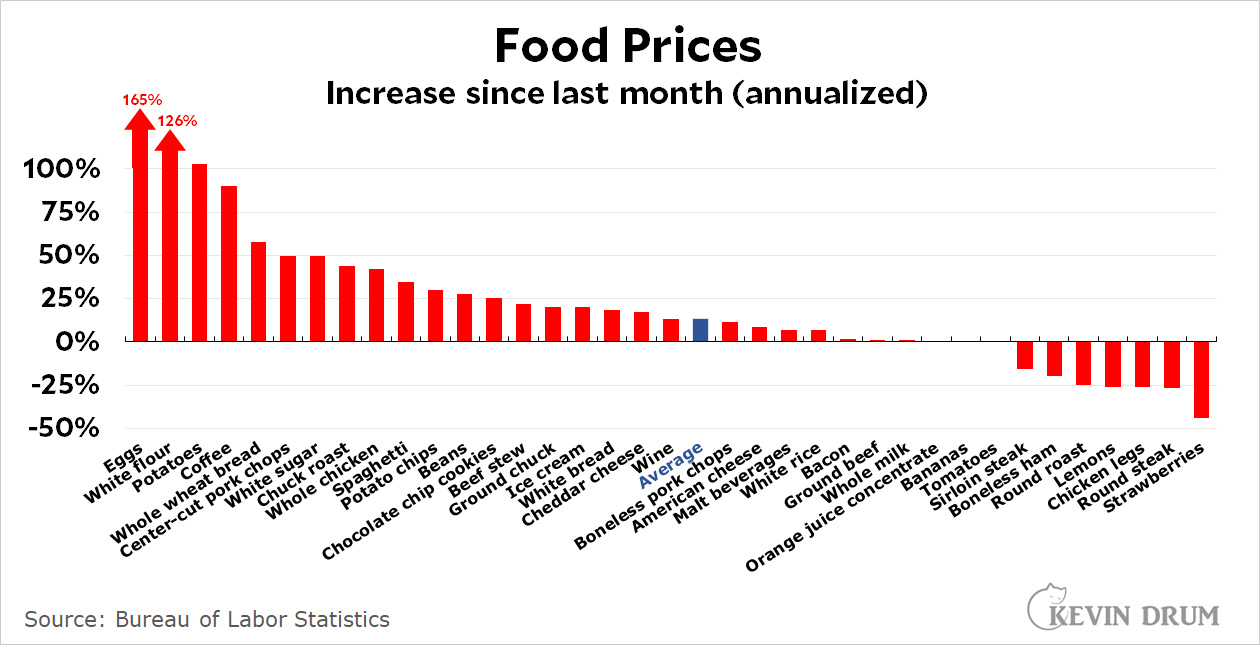I was directed toward this blog post over at Hot Air, and I'm commenting on it more out of amusement than because it really matters. It's yet another screed about wokeness:
[New York] Governor Kathy Hochul signed a new law last week that is banning a significant number of words from any use in government documents or speech. All of the targeted words carry an implication of gender. One of the most prominent examples she pointed out was “salesman.”¹...So just in case you were thinking that the crazy train might be slowing down a bit, have no fear. It’s still running full steam ahead in the Empire State.
....In a separate bill, Hochul approved a measure banning the use of gendered terms when referring to office-holders in local legislative bodies. The prime example in that new law was an instruction to change “councilman” to “council member.”
....Part of this is being driven by the agenda of transgender culture, of course, but not all of it. There is clearly a much broader goal among progressives that would see the end of the recognition of the obvious (and wonderful) differences between men and women. I assume this has something to do with “fighting the patriarchy” or whatever the flavor of the week is among liberals today.
New York may be on a kick to replace gendered language in its statutes, but this is hardly an invention of the woke generation. It's been going on since at least the '70s, which is where we got terms like flight attendant, garbage collector, and firefighter.
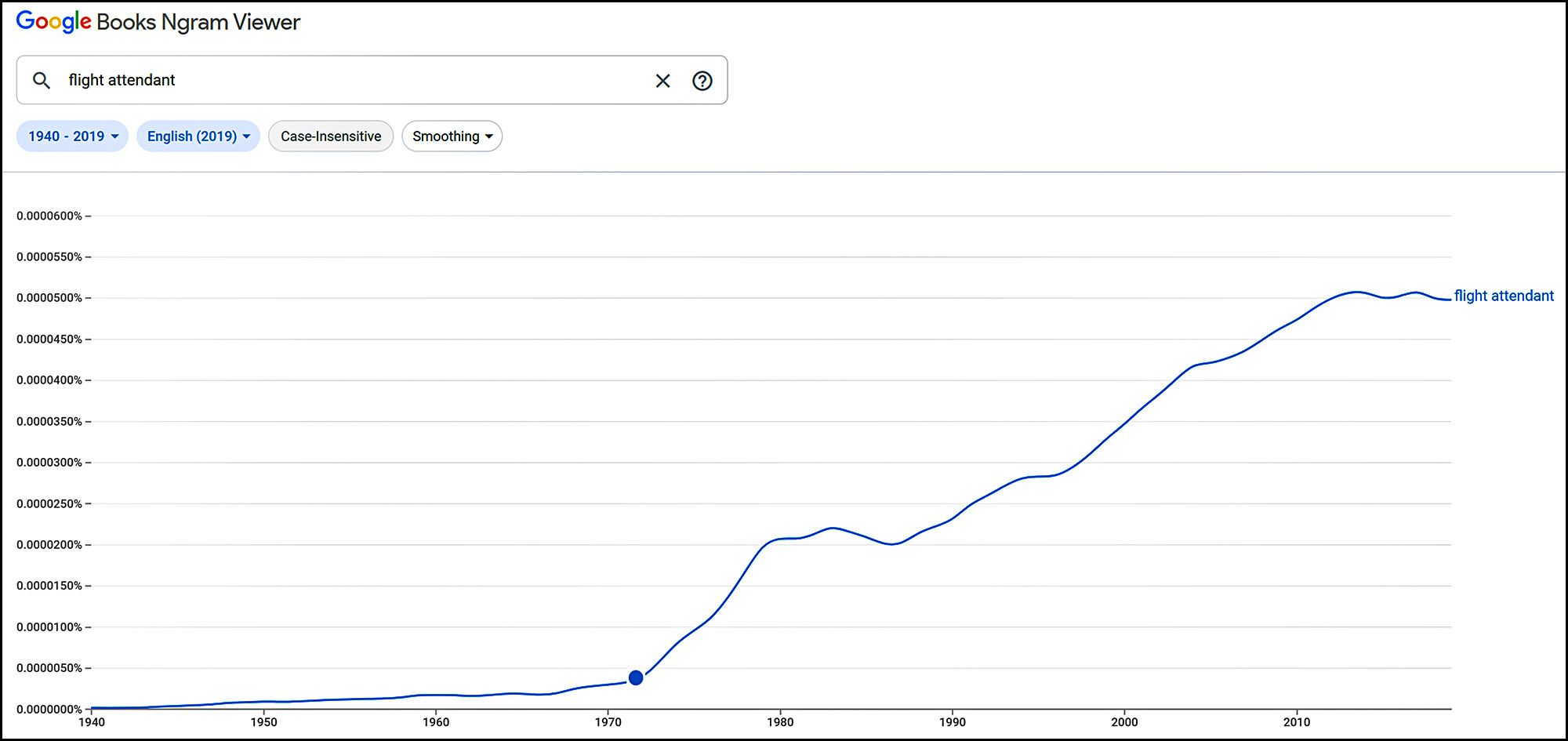 As for "fighting the patriarchy," it may be enjoying a revival but it's also ancient. We were all talking about that back when I was in college. (And earlier, but I don't think my high school was enlightened enough to be fighting the patriarchy or much of anything else.)
As for "fighting the patriarchy," it may be enjoying a revival but it's also ancient. We were all talking about that back when I was in college. (And earlier, but I don't think my high school was enlightened enough to be fighting the patriarchy or much of anything else.)
Even they/them, although it's also enjoying a revival, is old stuff. And none of this is meant to end recognition of the differences between men and women. It's meant to make sure that job titles don't simply assume that certain jobs are by default populated only by men (fireman, salesman) or women (stewardess, seamstress).
Wokeness can certainly get out of hand. But gender neutrality is hardly a good example of this. It's been a goal of the feminist movement practically since the beginning, and it's made steady progress for more than 50 years. It's just common sense, not a plot by the deep progressive state.
¹For what it's worth, this law was aimed at changing the word "salesman" to "salesperson" in an old statute about realtors. That's it. Hardly a big deal.
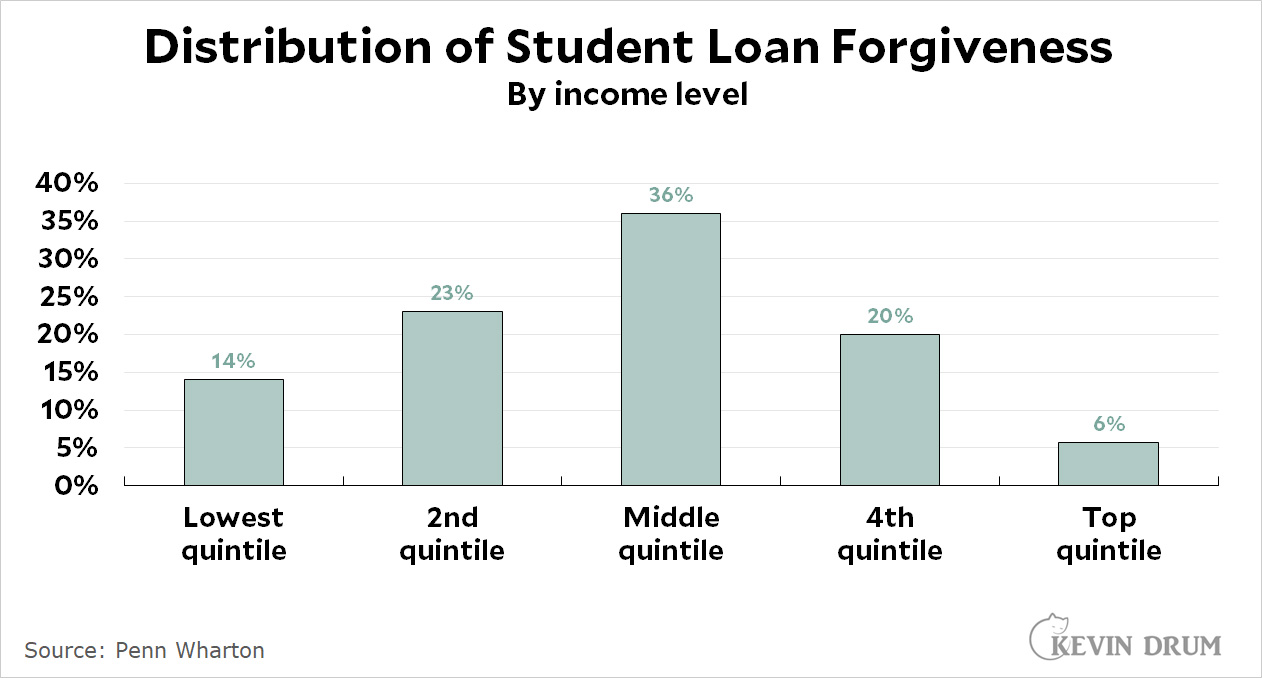 About three-quarters of the benefit goes to working and middle-class families. One-quarter goes to the upper middle class.
About three-quarters of the benefit goes to working and middle-class families. One-quarter goes to the upper middle class.
